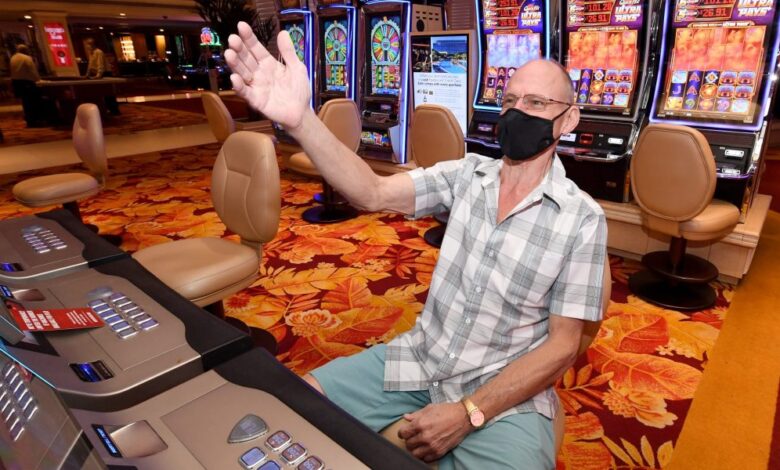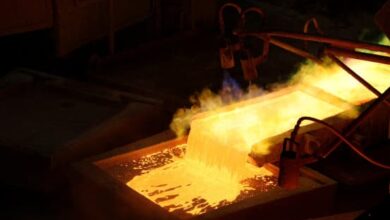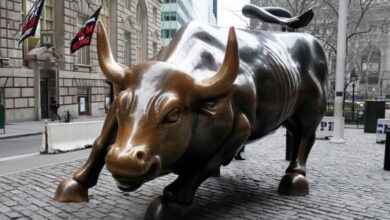Pennsylvania casinos sue to declare slot machine tax unconstitutional—unless electronic games pay


The owners of 12 Pennsylvania casinos have asked the state’s top court to declare a tax on slot machine revenue unconstitutional because the state does not apply it broadly to cash-paying electronic gaming terminals known as games of skill that can be found in many bars and stores.
The lawsuit filed Monday could jeopardize more than $1 billion in annual tax revenue used to fund property tax refunds and economic development projects.
Casino owners argue that the state’s collection of about 54 percent in taxes on casino slot machine revenue, but not on skill machines, violates constitutional guarantees designed to ensure taxation is fair.
“There is no basis for requiring licensed entities to pay approximately half of their gaming revenue to the Commonwealth while allowing unlicensed entities to avoid paying tax on that revenue,” they argued in the lawsuit.
The lawsuit asks the court to force the state to impose a similar tax on games of skill or prohibit the tax from being collected on slot machines.
Casino owners include dozens of principals, as well as major casino companies such as Caesars Entertainment Inc. and Penn Entertainment Inc.
The state Department of Revenue declined to comment on the lawsuit. The Pennsylvania Gaming Control Board said it had just learned of the lawsuit and was evaluating it.
According to the American Gaming Association, Pennsylvania brings in more casino taxes than any other state.
Skill or luck?
The fate of a lawsuit filed by the owners of 12 of the state’s 17 licensed and operating casinos could hinge on the outcome of a separate case which the state Supreme Court is considering.
That lawsuit — between the state attorney general’s office and Pace-O-Matic Inc., a skill game manufacturer — could decide whether skill games that have become popular in nonprofit clubs, convenience stores, bars and other places are unlicensed slot machines and therefore should be shut down.
A lower court ruled that the Pace-O-Matic game is based on player ability and not just on chance like slot machines and other traditional state-regulated gambling games.
For years, the state has maintained that these devices are illegal unlicensed gambling machines that can be seized by police. Machine manufacturers, distributors, and retailers argue that they are legal, albeit unregulated, games that are not subject to state gambling control laws.
Lawmakers have long discussed regulating and taxing these devices, but have yet to reach an agreement.
It’s unclear exactly how many skill machines there are in Pennsylvania, but the American Gaming Association estimates there are at least 67,000, more than any other state.
Casinos operate about 25,000 regulated slot machines, where gamblers wagered nearly $32 billion last year and lost more than $2.4 billion. The state and casinos split that money.




